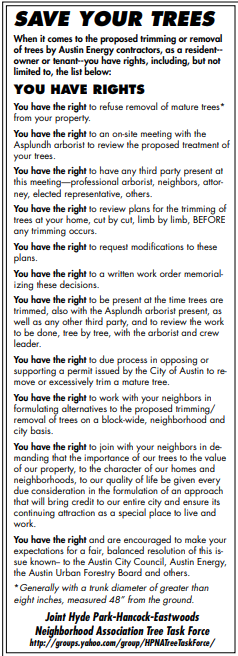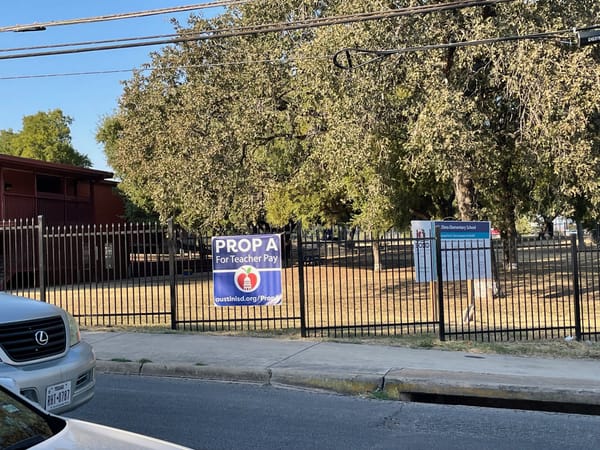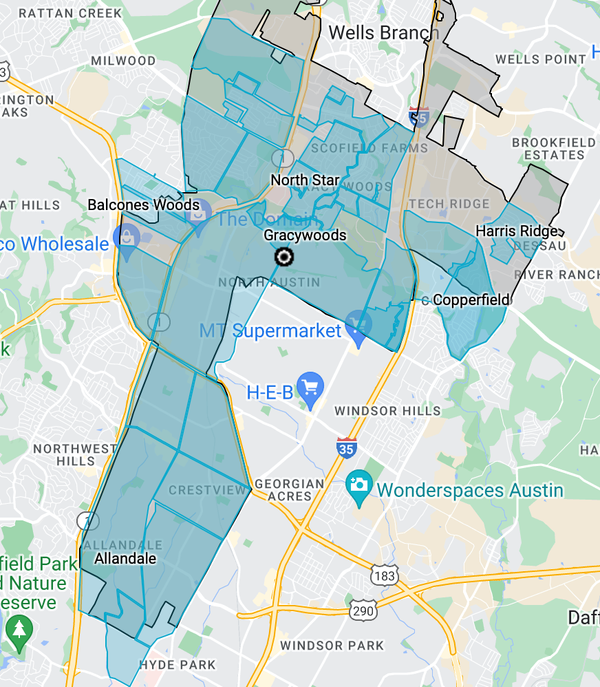Does this zoning lawsuit matter?
It might cause short-term pain, but it will ultimately fail.

I didn't show up at the courthouse yesterday to hear arguments in the legal challenge to Affordability Unlocked and other pro-housing programs. I would have, but I forgot. I'm sorry, dear reader. You deserve better.
Part of the reason I forgot is that I don't think the implications of this case are nearly as important as past legal battles over land use, notably the lawsuit from the same gang of housing-haters that killed the 2020 Land Development Code overhaul.
While a ruling against the city could definitely screw up some important housing projects in the pipeline, it wouldn't be very hard for the city to adopt these ordinances again. Not only is this Council far friendlier to housing than its predecessors, but the programs in question are uncontroversial and passed either unanimously or near-unanimously.
Plus, the level of restrictiveness the plaintiffs in this case are demanding is not politically sustainable at the state level. They are essentially arguing that a city must send mailed notification to every resident for any change in land use regulations, no matter how small. The city of Austin estimates it will cost more than $350,000 to send citywide notice for the proposed rule changes they are considering in the coming months. A ruling requiring this for any land use regulation will cause a huge headache for cites besides Austin, including small and mid-sized Republican ones. Not to mention the opposition this will provoke from the state's real estate industry.
District Judge Jessica Mangrum did not rule immediately; it's not clear when she will deliver a decision.
What's interesting is that the plaintiffs are pointing to Council's decision last week (scroll down to 2nd story) to send notification to every homeowner for a proposal to reduce minimum lot sizes and eliminate occupancy limits. In that case, Council is taking advantage of a weird provision of state law that allows cities to forgo typical notification requirements if the Council holds a joint meeting with the Planning Commission. However, Council has decided to do the joint meeting and to send notice to every homeowner.
KUT's Audrey McGlinchy reported on remarks made by Douglas Becker, the attorney for the plaintiffs:
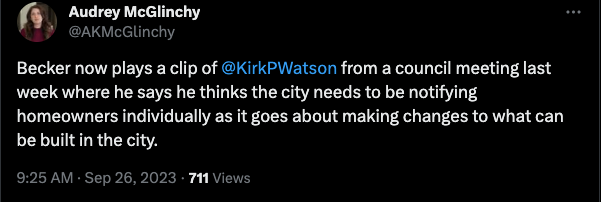
But Watson didn't argue that the city is obligated to send notice. Just that he believes it should.
For what it's worth, the city did send notice for two of the three progams being challenged. For the compatibility on corridors reform, everybody within 500 feet of an affected corridor received notice. For the VMU2 density bonus program, notice was sent to everyone within 500 feet of a property with VMU zoning.
The city probably didn't send notice for Affordability Unlocked, the program that exempts affordable housing projects from a variety of regulations, but that was passed unanimously more than four years ago. If a judge is really willing to throw out that program due to a lack of notice, what other city ordinances might be at risk? I'd imagine there wasn't notice sent to every homeowner when the current land development code was adopted four decades ago –– could that also be thrown out if a group of YIMBYs challenge it?
This whole thing is a stupid waste of time. Magnifying the stupidity is the fact that the guy responsible for all this doesn't even live here anymore, even if he has yet to sell his house, currently listed for just under $1.9 million. Can't Fred Lewis find some low-income housing in North Carolina to fight?
A look at the city's tree management program
Remember that time nine months ago when a bunch of trees fell on utility lines and much of the city was without power for a week?
You may also recall that it prompted concerns about whether Austin Energy was doing enough to protect power lines from tree branches and whether its tree-trimming work was constrained by past policy decisions made by Council on behalf of fussy, entitled homeowners.
A review of Austin Energy's vegetation management program by the City Auditor concluded that that is exactly what happened.
"AE is behind on its current goal to trim trees about the city’s power lines on a seven-year cycle because of several factors, including Council direction in 2006 to trim trees less than industry standards," said the report.
The graphic below shows how the tree-trimming standards have evolved based on policy set by Council.
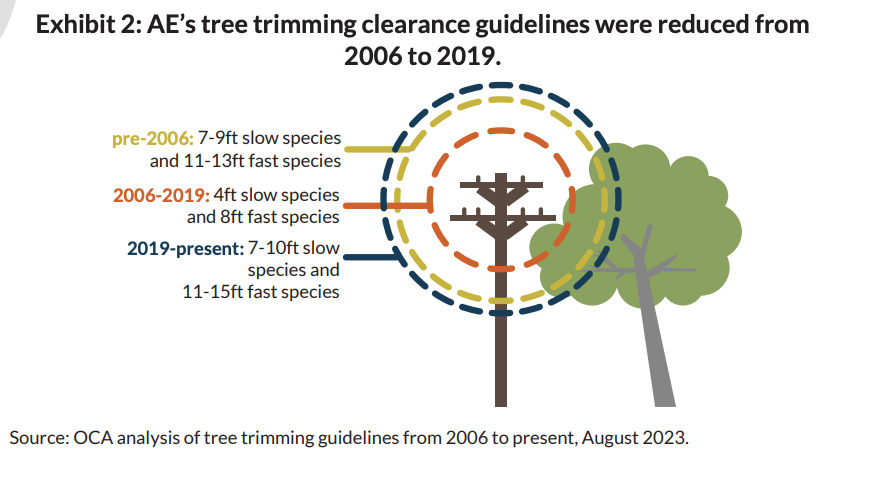
Elton Richards, AE vice president of Electric System Field Operations, who oversees vegetation management, said he wanted to make very clear that it is not the current elected officials "that held us back."
"You are the Council that has supported me every since I got here," he said. "You doubled our (vegetation management) budget."
During the ice storm, Richards said that much of the damage caused by the storm –– entire trees falling down on power lines –– could not have been prevented by more aggressive branch-trimming. However, he still acknowledges that past policy decisions have jeopardized electric reliability.
To get a sense of the hysteria that prompted Council's past decisions, check out the Hyde Park Neighborhood Association's February 2006 newsletter, which denounced the "obliteration" of the neighborhood's tree canopy and approvingly cited a neighbor who denounced the utility's "Shermanesque, scrorched-earth approach" to vegetation management. HPNA applauded then-Mayor Will Wynn and then-Council Member Lee Leffingwell for putting a halt to the "carnage."
